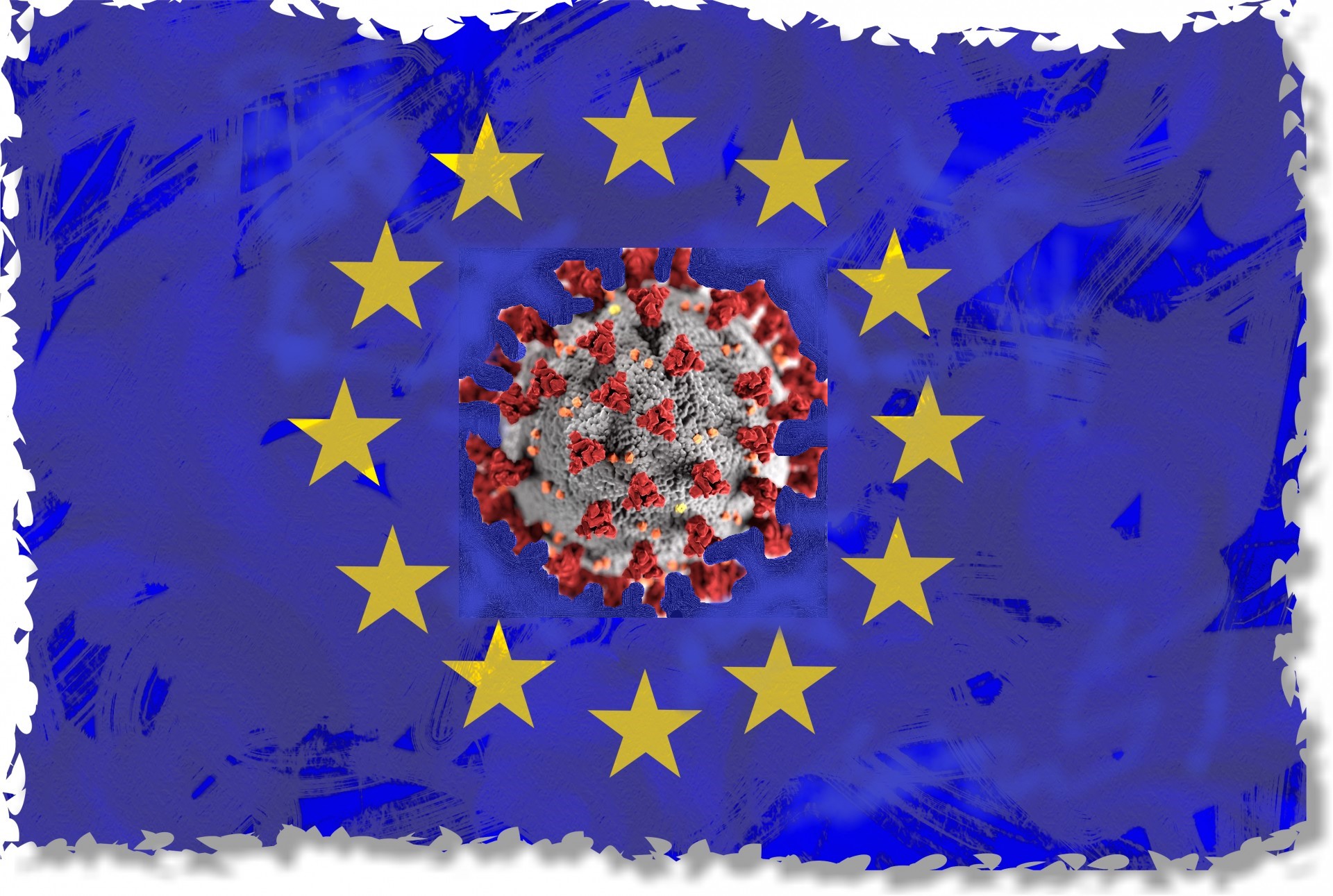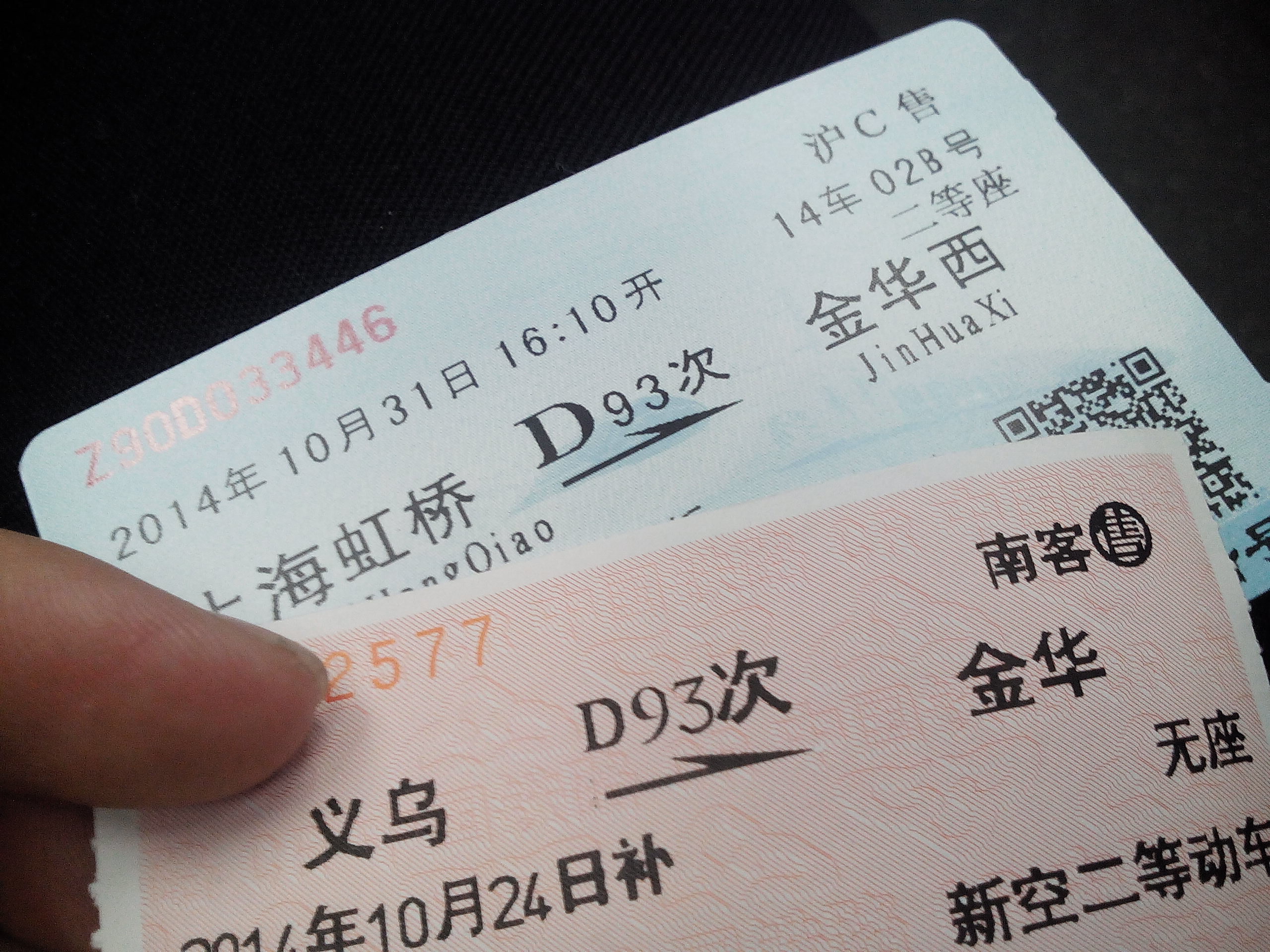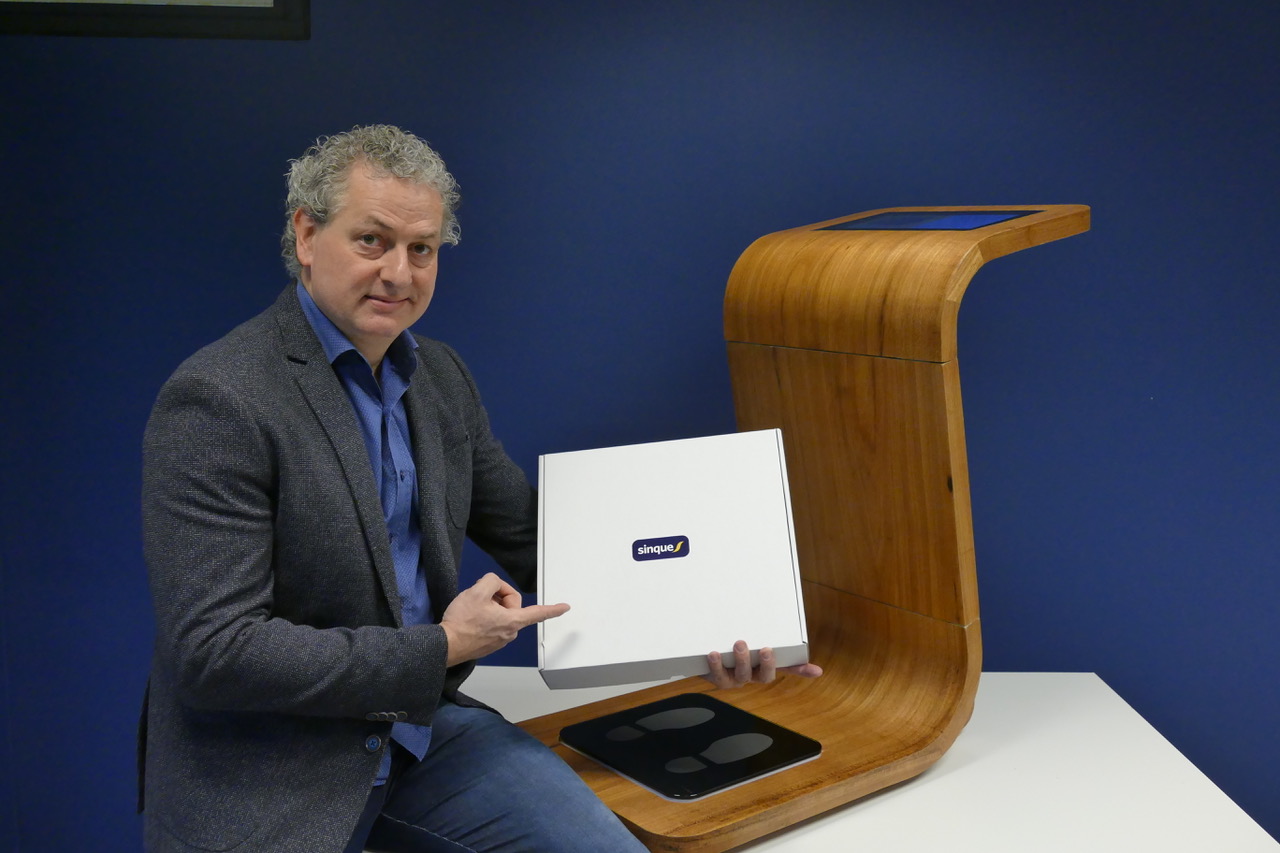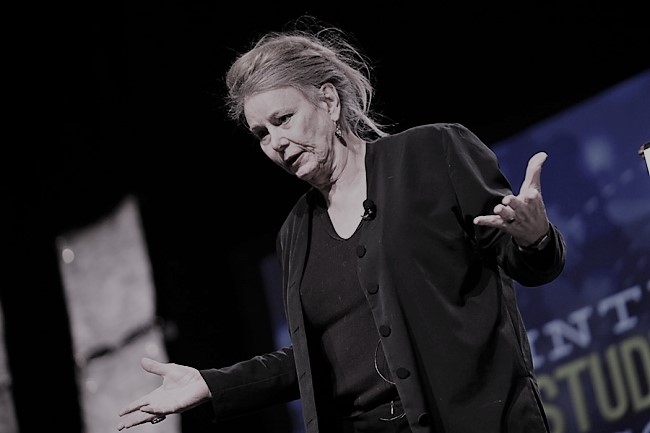Coronavirus has spread from the wet markets of Wuhan, China, to the world. Each day new measures to contain its spread are announced, each day the death toll rises. Life in the time of corona is strangely like pressing the pause button and the fast forward button at the same time. In one sense lock down and social isolation have created a feeling of timelessness. At the same time there is an incredible sense of urgency as governments, scientists and health experts rush to find measures to contain the pandemic. ‘Emergencies fast-forward historical processes’ as Harari put it. The EU project is one of the most ambitious in modern history. Will the coronavirus help to fast forward the creation of a stronger, more integrated European Union? One with the confidence to lead when leadership is so sorely needed?
As a pandemic, corona virus is a global phenomenon that requires a global response. Although nations have thus far responded individually, there is increasing pressure on leaders to unite and share expertise and resources in the face of an enemy that knows no borders. A microcosm of the global system, and the new epicenter of the corona outbreak, the EU has thus far been characterized by a lack of real leadership at supranational level. Member states have hunkered down with national governments coordinating their own individual responses to the virus. But there are signs that this is changing.
“Extraordinary times require extraordinary measures.” – Christine Lagarde
Last Friday, the European Central Bank (ECB) announced a €750 billion stimulus package. It was accompanied by a statement from ECB president, Christine Lagarde, that, ‘Extraordinary times require extraordinary action’. Greek bonds will also be included in the bank’s asset purchases for the first time. Further, EU Commission president, Ursula von de Leyden stated that the EU is also willing to consider backing common debt issuance in the eurozone in the form of coronabonds. ‘If they help and if they are correctly structured, they will be used.” Von de Leyden said. Perhaps more importantly, two of the staunchest resistors to debt pooling in the eurozone, Germany and the Netherlands, agreed for the first time last week, to consider this option.
Closer fiscal union has been a sticking point for a long time in the eurozone. The wealthy northern member states have been reluctant to take on the debt of the ‘less disciplined’ southern economies. However countries like Italy, Spain and Greece provide markets for much of the north’s goods and services. Not to mention cheap holidays, second homes, food and drink. The financial crisis highlighted the north/south divide. A civil war, in financial terms, broke out between the two regions. The sacrificial lamb was Greece – small and guilty enough to be bullied but not big enough to require a serious overhaul of the eurozone debt mechanisms. Covid 19 is different. It cares little about who has balanced their books and who hasn’t. The pandemic is threatening all sectors of eurozone economies and will continue to do so for the foreseeable future.
How things have changed!
One of the most tangible and dramatic results of the financial crisis and the eurozone’s struggle to coordinate a response to it, was Brexit. It did not happen immediately but June, 2016, saw Britain vote to leave the European Union. The ensuing process has been long and arduous. Just a little over two weeks ago, I attended an event dedicated to discussion of a final Brexit deal. At the time, British Ambassador to the Netherlands, Peter Wilson, described himself as ‘chipper’, in the wake of the clarity brought by recent British elections. He reiterated the UK’s desire for a Canada-style deal, based on precedent. There was substantial discussion about Prime Minister, Boris Johnson’s ability to ‘sell’ the deal back home, given the no compromise attitude that brought him to power. How things have changed since!
Boris Johnson, like his counter-parts across the globe, is now struggling to coordinate an effective response to corona virus. Britain will not be eligible for the above mentioned stimulus package nor indeed any further relief, yet to come. Corona is changing the landscape of Johnson’s premiership, shifting it away from nationalist concerns over sovereignty and escape from the long arm of the European Court of Justice. It now finds itself confronted by a pandemic that is putting the healthcare system and economy under pressure hitherto unimagined. Suddenly Brexit is revealed for what it really is: a somewhat misguided response to a yearning for Britain’s glorious past combined with a lack of strong leadership at EU level.
Fortune favours the brave.
The Union which Britain voted to leave has struggled to provide the kind of comprehensive leadership so desperately needed by 27 different member states, all with different cultures and economies, particularly in times of crisis. The 2007/8 financial crisis was its first real test. The EU came out intact. But dithering, disagreement and division meant that recovery was arduous and the seeds of populist rancour were sown.
Covid 19 has unwittingly provided Europe with an opportunity to step forward with confidence and lead. Numerous commentators have already pointed out the gap in global leadership left by the US. A pandemic like corona provides good reasons for individual member states to look beyond their national borders to the greater opportunities that a united Europe would provide. Fortune, as they say, favours the brave. Europeans and their leaders would do well to find the courage now to lead Europe and the world into a post-corona future.










